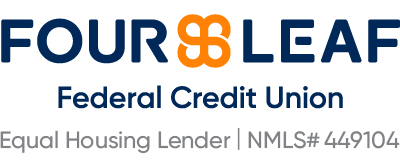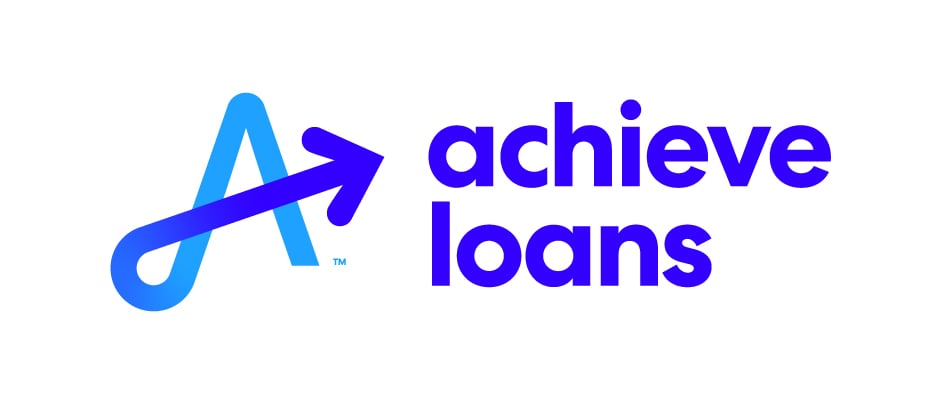HELOC vs. Home Equity Loan: Which Is Right for You?

Some or all of the mortgage lenders featured on our site are advertising partners of NerdWallet, but this does not influence our evaluations, lender star ratings or the order in which lenders are listed on the page. Our opinions are our own. Here is a list of our partners.
Home equity loans and home equity lines of credit (HELOCs) allow you to convert some of the value of your home (minus what you owe) into cash. This is called your home equity.
Both loans have similar benefits — for example, both HELOCs and home equity loans have relatively low interest rates compared to personal loans or credit cards because they’re backed by your home. They’re also both second mortgages that don’t affect your primary mortgage rate.
However, they also have key differences that make each loan suited to different borrowers. Weighing the pros and cons of each will help you decide which is right for you.
Key Takeaways
Variable or fixed rates: HELOCs have a variable interest rate; home equity loans have a fixed rate.
Ongoing or one-time borrowing: HELOCs allow you to borrow as needed up to your credit limit; home equity loans give you a lump sum.
Different repayment requirements: HELOCs usually only require interest payments during the draw period; home equity loans require you to pay interest and principal from the beginning.
Similar interest rate benefits: Both loans typically have higher interest rates than primary mortgages, but lower rates than personal loans or credit cards.
HELOC & Home Equity Loans from our partners

on FourLeaf Federal Credit Union
670
$1,000,000
on FourLeaf Federal Credit Union
What is home equity?
Home equity is the value of your home, minus what you owe on your mortgage. This represents the percentage of your home that is owned by you versus the portion that’s owned by your lender.
Depending on your financial qualifications, lenders may let you borrow up to 80%–85% or more of your home equity. Keep in mind that you’re using your home for collateral, so the lender can foreclose if you default on payments.
How much can you borrow from your home equity?
The amount you owe on all home loans divided by the market value of your home is considered the combined loan-to-value ratio (CLTV). If that ratio is high, lenders will hesitate to let you borrow more against the home’s value.
For example, if your home is worth $300,000, and you owe $150,000 on your mortgage, your loan-to-value ratio is 50% ($150,000 ÷ $300,000 = 0.50). A lender that allows a combined loan-to-value ratio of 80% may approve a home equity loan or line of credit for $90,000 — the remaining 30% of your home’s value.
Home equity loans
Home equity loans are second mortgages that typically have fixed interest rates, meaning the payment is the same each month. A home equity loan payment would be in addition to your usual mortgage payment, and you usually have up to 30 years to repay the loan.
You receive the loan at one time as a lump sum. A home equity loan can be a good source of funds for a home improvement project with a defined cost and one-time expenses such as debt consolidation.
Pros
Interest rate is fixed.
Monthly payments won't change.
Cons
You immediately start making payments on both principal and interest.
You have to know exactly how much you’ll need, and borrowing more money will require taking out another loan.
HELOCs
HELOCs work somewhat like a credit card. You’ll usually have 10 years to draw from the line of credit, with a limit based on your home equity.
During the draw period, you’re usually only required to pay interest on the amount borrowed. After those 10 years are up, you can’t borrow any more, and you’ll begin repaying both principal and interest — often over a 20-year repayment period.

HELOCs often begin with a lower introductory rate; however, the rate is variable, which means it rises or falls according to a base rate called the prime rate.
Prime Rate, Effective 12/11/25
Current prime rate — last changed Dec. 2025 | Prime rate last week | Prime rate in the past year — low | Prime rate in the past year — high | Projected median prime rate for 2026 |
|---|---|---|---|---|
6.75% | 6.75% | 6.75% | 7.5% | 6.4% |
That means your monthly payment can rise or fall, too.
Some lenders will let borrowers lock the rate on a draw, which is called a fixed rate. You’ll still have the balance of your line of credit to draw from at a variable rate. If you prefer having predictable payments, you should seek out a lender that offers this option.
» MORE: Compare the best HELOC lenders
Pros
You only pay interest on the amount you draw, not the full credit line.
You can borrow as needed, so you don’t have to know the exact amount you’ll need upfront.
Cons
Rising interest rates can increase your monthly payments.
Your minimum monthly payments will increase during the repayment period when you have to pay down the principal.
Differences between HELOCs and home equity loans
Features of the loan | HELOC | Home equity loan |
|---|---|---|
Loan funding | You can draw funds as needed, up to a certain limit (typically a percentage of your equity). | You receive a lump sum at closing (typically a percentage of your equity). |
Terms | Begins with a draw period (typically 10 years) with interest-only minimum payments. This is followed by a repayment period (often up to 20 years) that requires you to pay back principal and interest. | Repayment periods are often up to 30 years. Minimum payments include both interest and principal. |
Rates | Variable, (though some lenders offer a fixed-rate option) | Fixed |
Borrowing limits | You can typically borrow between 80%-85% of the equity in your home. Some lenders allow for more. Use NerdWallet's HELOC calculator for personalized details. | You can typically borrow between 80%-85% of the equity in your home. Some lenders allow for more. Use NerdWallet’s home equity loan calculator for personalized details. |
Lenders |
Requirements for a HELOC or home equity loan
Despite their differences, HELOCs and home equity loans tend to have the same requirements.
These include:
Equity of at least 15%-20%. This means that your remaining mortgage balance can’t equal more than 80%-85% of the value of your home.
A debt-to-income ratio below 50%. This means that all of your monthly debt obligations must be less than 50% of your income, though 43% or less is preferred. The lower this number is, the more likely you are to qualify with the widest range of lenders. Lower amounts of debt can also lead to lower rate offers.
A credit score of 640-660 or higher. This is the minimum credit score allowed by most lenders, though a higher score will help your chances of getting approved and can yield lower rate offers.
A reliable credit history. Lenders will want to see that you have a solid track record of paying your bills on time.
Should you get a HELOC or home equity loan?
Before deciding whether to apply for a HELOC or a home equity loan, consider how much money you need and how you plan to use it. Factor in interest rates, fees and monthly payments as you weigh your options.
Terms and features of home equity loans and lines of credit vary from one lender to another. Be sure you understand the costs and repayment schedule of a loan before you commit to a lender, and shop around before you sign on the dotted line.










